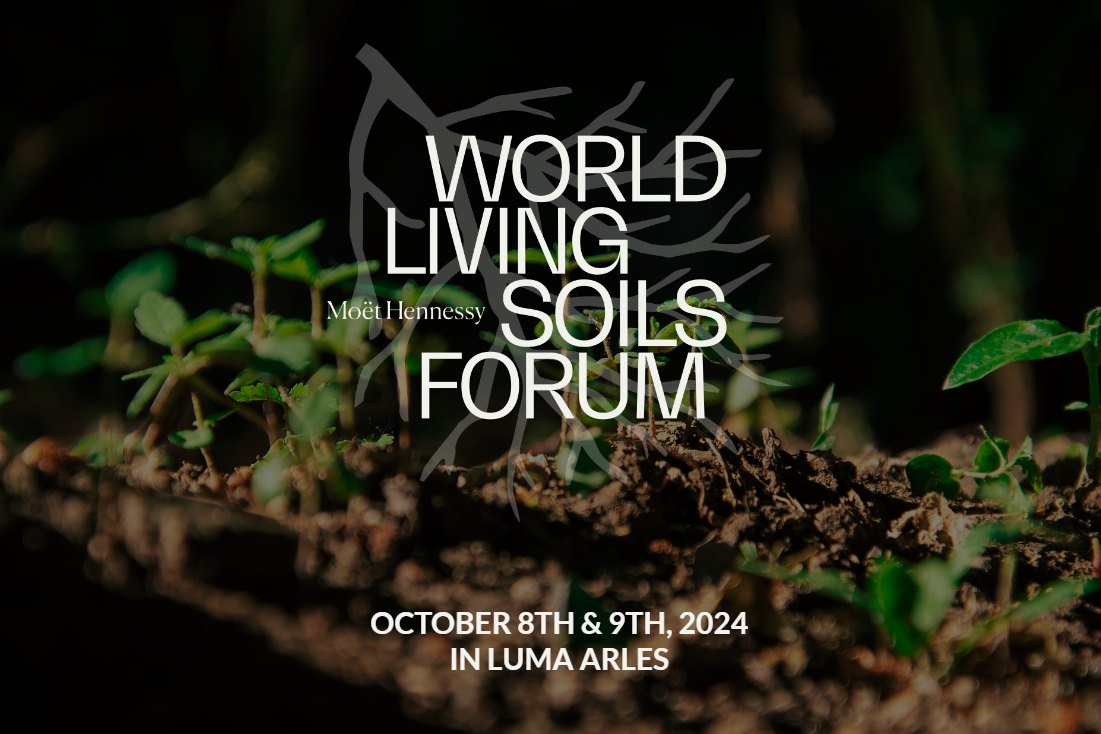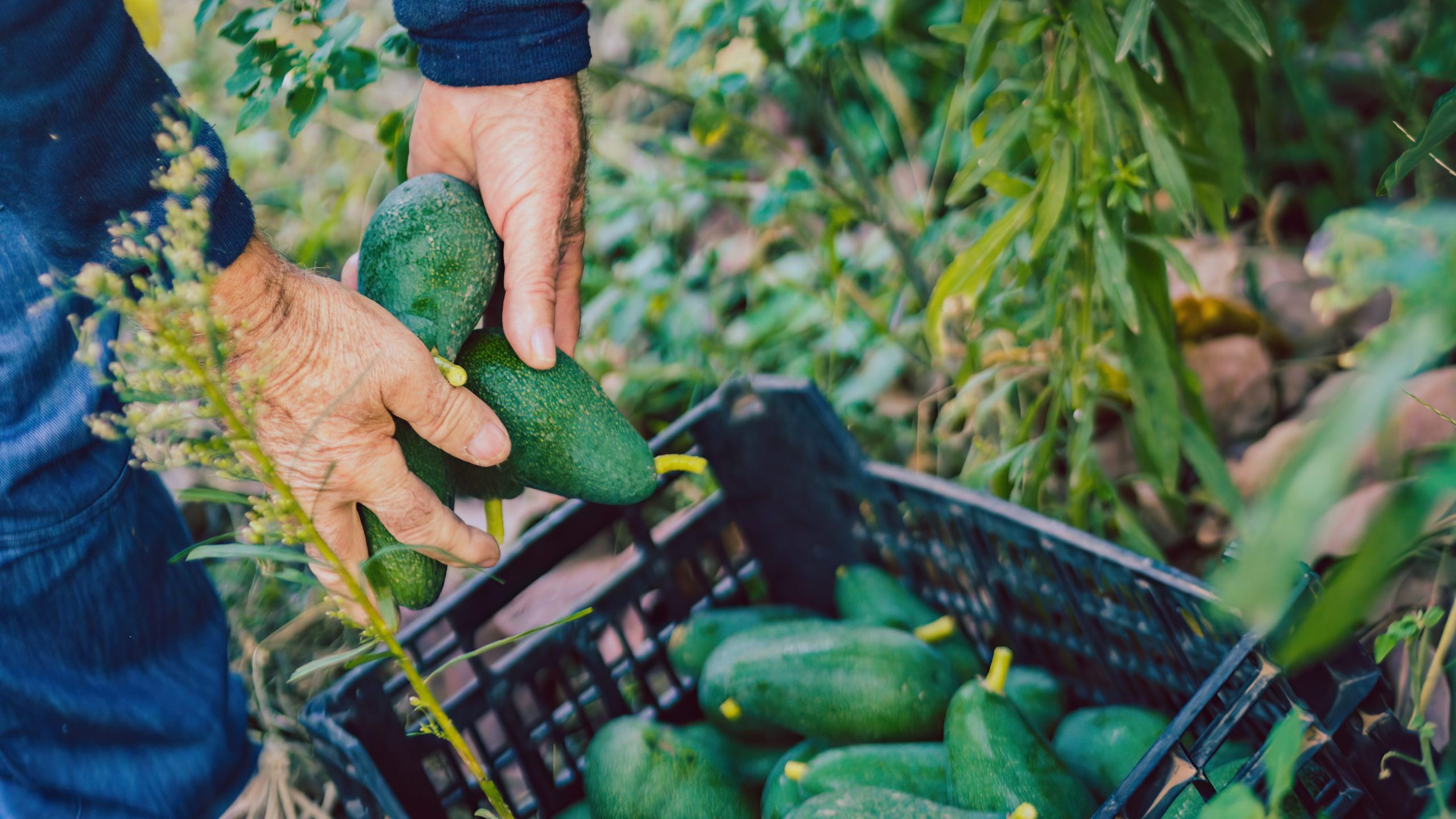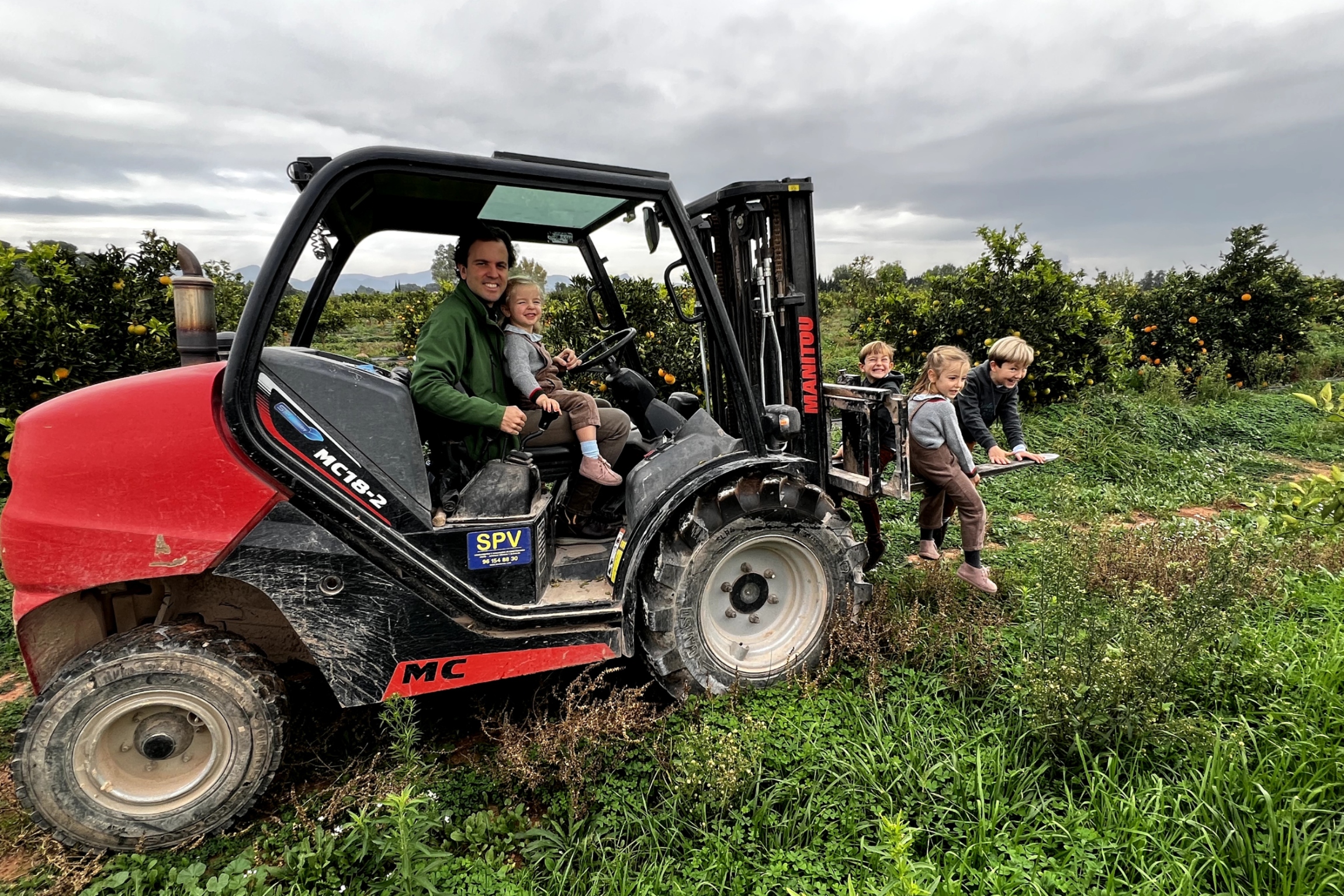This week, Cristina (Head of Impact and Sustainability at CrowdFarming) and I had the opportunity to attend the World Living Soils Forum in Arles, France. This event co-organised by Change Now and Moët Hennessy brought together experts, farmers, scientists, and advocates for soil health and regenerative agriculture, the forum was a hub of knowledge, inspiration, and collaboration.
We listened to an incredible number of panel sessions that covered a variety of topics, from practical soil health measurement techniques to certifications, financing and story-telling, but a lot went on off the stage too. It was great to meet face to face with the impressive group of people taking part in this movement.
All the sessions are online, so we’ve compiled a few unmissable ones for you to check out!
Cristina’s favourite sessions:
- The title of the conference was already promising, ‘World Living Soils’ — on point. One quote that stood out to us during the opening session was: “This is not a forum on soil health, this is a forum on human health.” by Marc-André Selosse (Professor and Biologist) This was a powerful reminder that soil health is not an isolated issue; when we focus on soil, we’re addressing a multitude of interconnected challenges. Our current food system, heavily reliant on synthetic inputs, has widespread health consequences. During her panel, Sabine Bonnot (PlanetScore) also talked about a recent French report that revealed that, in 2021, the government spent €19 billion to mitigate the negative effects of its agri-food system—nearly double the budget for ecological planning in 2024.
- After the first introductions, we were already immersed in soil health indicators with Natalia Rodriguez Eugenio (FAO), Kerstin Rosenow (European Commission) and Claire Chenu (INRAE). This allowed us not to leave behind, but perhaps to move forward despite the discussions on certifications or practices and to start from the common ground that ‘you cannot manage what you do not monitor’, as Joel Salatin says. Our kind of conversation, no doubt. On the data front, and now that we are in the midst of collecting and organising data from CrowdFarming’s regenerative farms, it was great to see the model developed by Genesis in collaboration with Moët Hennessy.
- The presence of the adjective ‘limited’ has been a constant these two days: the agri-food system has been treating the soil, rural areas or even farmers, as if they were resources to be squeezed without limit. Just as there are laws protecting air and water, shouldn’t the soil that feeds us also be protected? In the session on providing training and assistance to farmers with Bastien Sachet (EarthWorm), Sébastien Roumegous (Biosphères), Meghan Sapp (Hub del Norte) and Dario Fornarina (EROC), the need to reinvest in the soils and rural communities we have been exploiting for so long was emphasised to ensure a viable future for the agri-food system. After all, all machinery needs to be maintained and invested in to keep it working properly. It is time to invest in the improvement of our soils, the heart of the machinery that produces our food.
- We felt right at home at the session on new business models for agriculture with farmer Benedikt Bösel, Nicolas Chabanne (C’est qui le Patron?!) and our impact investor Adam Kybird (Triodos Bank). As leaders in regenerative agriculture, fair prices and capital for the agri-food transition were talking about new models, we felt like jumping up on stage! Luckily, CrowdFarming soon appeared as a reference in new direct sales models that support farmers in the transition to organic and regenerative while developing knowledge among consumers.
Emilia’s favourite sessions:
- We loved the shift in focus from sustainability as an extra to an essential part of making our businesses viable. Talking about soil health takes on more weight if we don’t (only) talk about biodiversity and carbon, but include in the conversation – and in the models – how this affects crop yields or input costs, as Romain Cocault (AXA Climate) said in his conversation with Joséphine Bournonville (Omie). Hopefully, more and more actors will start to see that the cost of inaction will undoubtedly be higher than the cost of implementing actions to improve soil health today.
- The session on Raising Awareness by Informing Consumers with Sabine Bonnot (PlanetScore), Joséphine Bournonville (Omie), and Fanny Giansetto (Ecotable) deeply resonated with us. Too often, communication strategies in this sector can be overly simplistic, or even paternalistic, but we need to recognise that our consumers have the ability to think critically. They understand that brands and companies are not perfect but are continually striving to improve. It is essential that they have access to key information about how their products are produced. Sabine explained the role of PlanetScore and what an original and key tool it is, offering full transparency and honesty about the climate impact of specific products. It would be great to see this score, front of pack on all products soon!
- Storytelling emerged as a crucial tool to engage capital, connect with markets, and foster collaboration in the session Changing the Narrative: New Imaginaries. Scientists alone cannot drive widespread change; we need marketers, advertisers, communicators, and storytellers to join the movement. The focus should be on portraying nature (and farmers) as the hero in the story rather than the victim. We now know that certain narratives have proven ineffective: “we’re all going to die” creates panic and resignation; “technology will save us” leaves us passively waiting for a miraculous solution; and “we need to return to the old ways” ignores the progress we’ve made and the innovative tools at our disposal. We need to create new narratives that put farmers at the forefront of the regenerative movement.
In the end, the journey to Arles was well worth it.







Comments
Please note that we will only respond to comments related to this blog post.
Comentarios
Thank you for publicising this issue. As a consumer I like to know that agriculture is growing and using new methods to get good quality food to me.
Thank you so much for your comment! We’re glad to hear that you are interested in learning more about the innovations in agriculture. At CrowdFarming, we work with farmers who are dedicated to using new and sustainable methods to provide the highest quality food. We’ll continue striving for a fairer and more transparent food system!